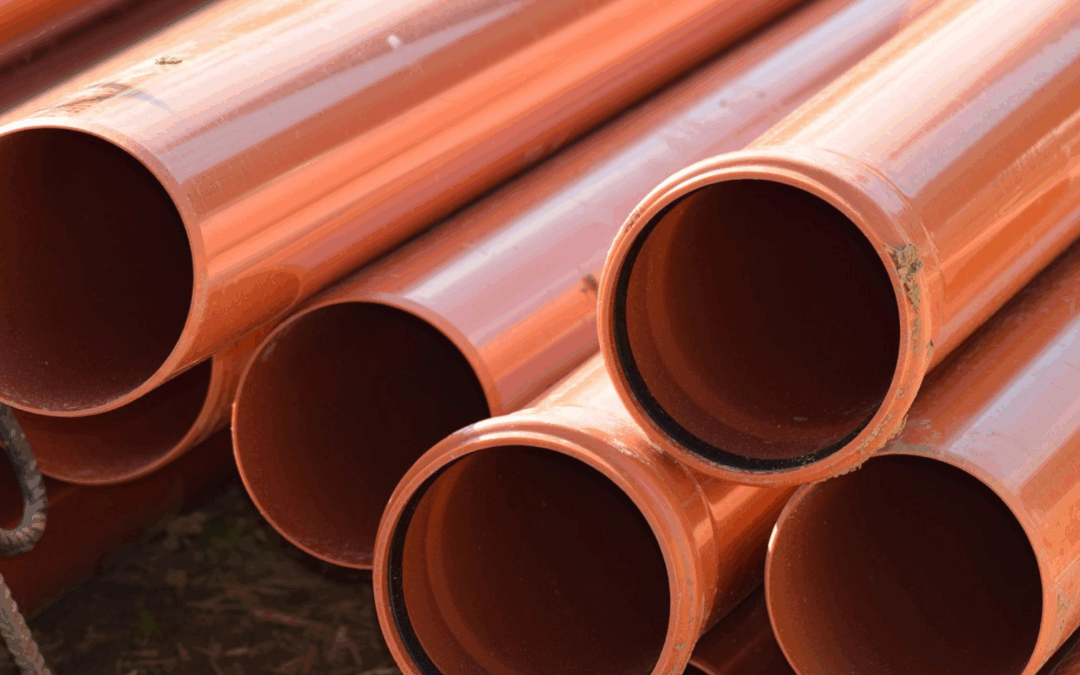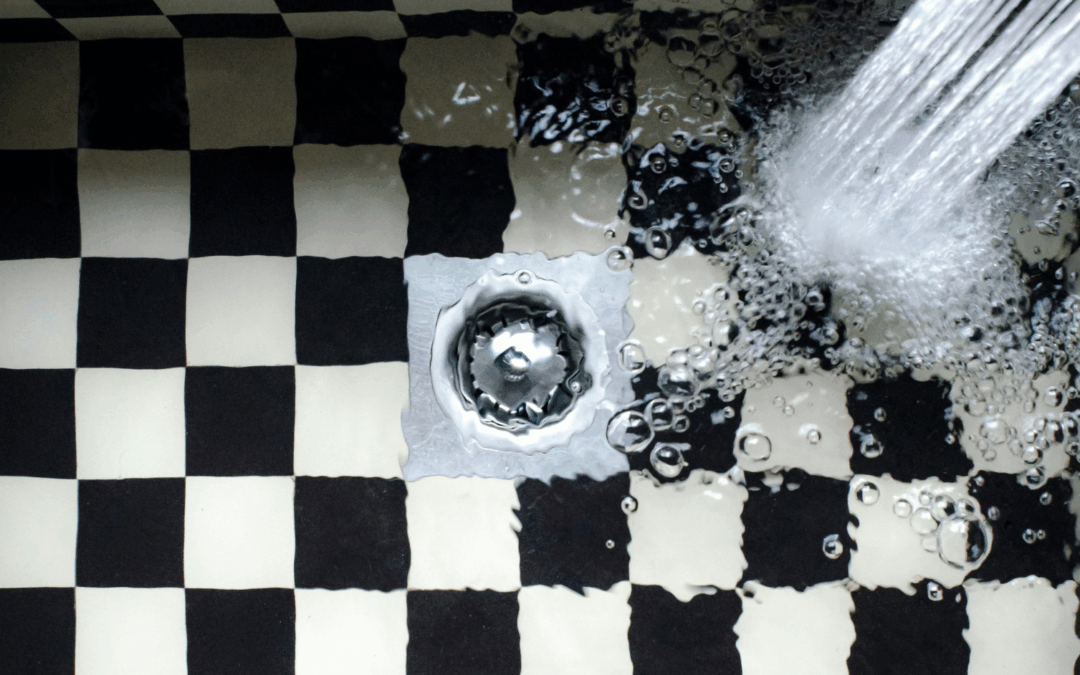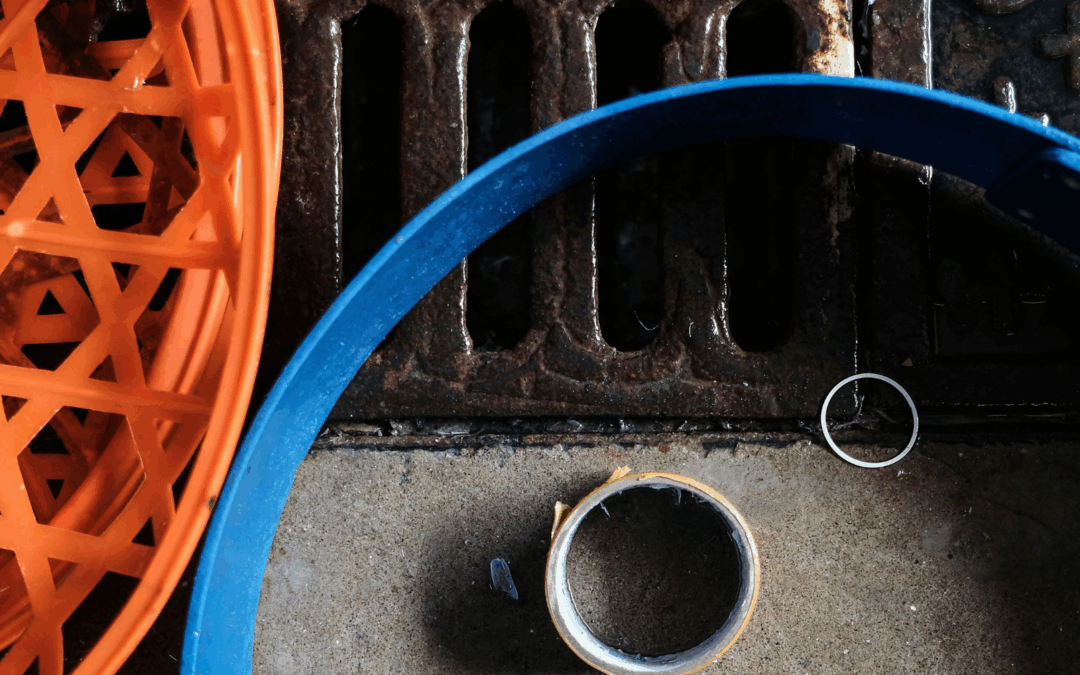What are the different types of plumbing pipes?
Plumbing pipe materials, while not a thrilling topic, are critical to the functionality of our residential and commercial buildings. They facilitate the flow of water in and out of your premises, providing a clean water supply for various household needs and disposing of waste water.
If you’re considering a home renovation or new construction, understanding the types of plumbing pipes is essential. This article will delve into the various types of plumbing pipes, discussing their pros and cons.
Schedule Service Online
Get a free estimate so you know what you're signing up for
"*" indicates required fields
For Emergency Services Call: 410-255-9300
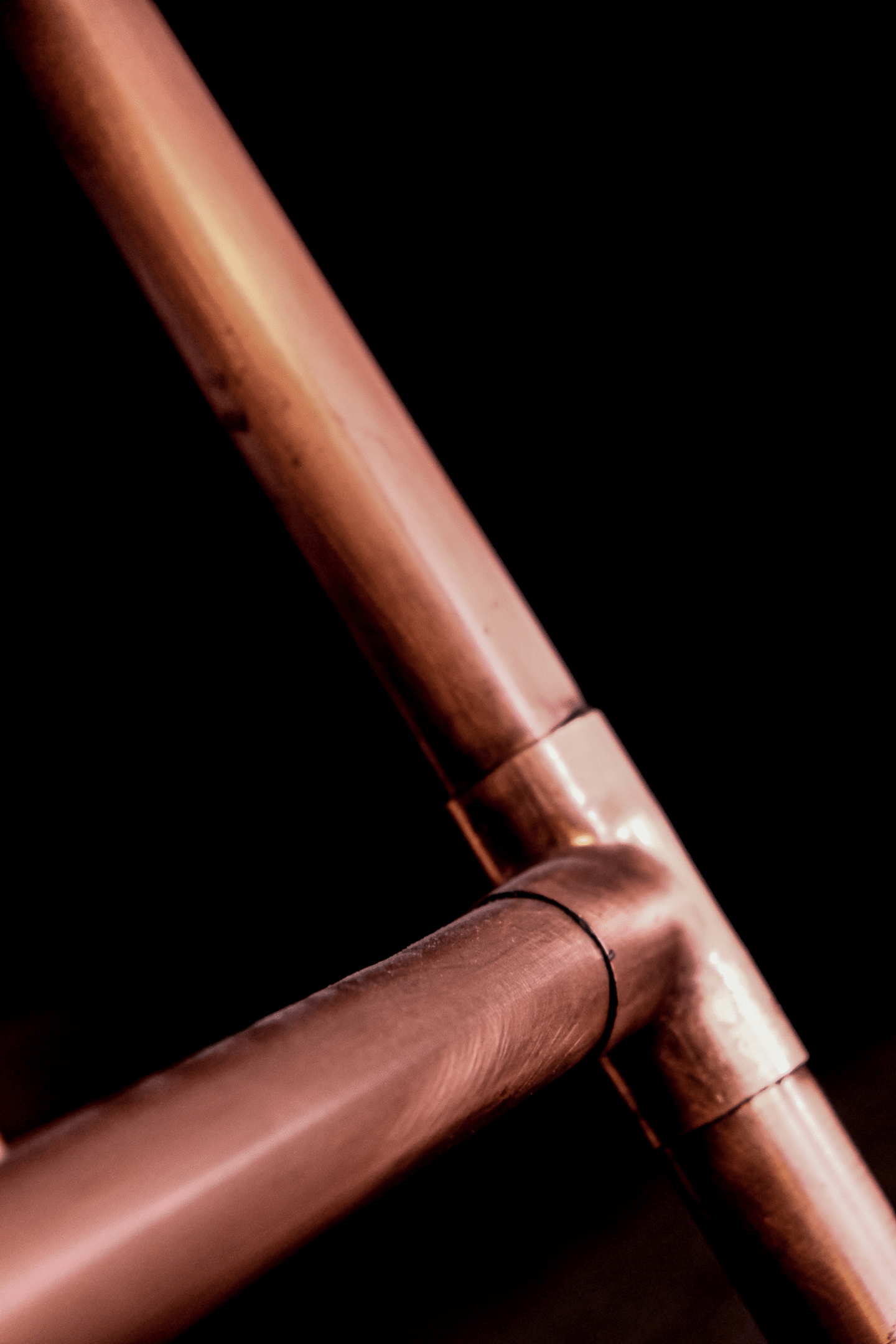
Copper Pipes
Known for their durability, resistance to corrosion, and long lifespan, copper pipes are a popular choice in plumbing systems. They are not only easy to install but also offer excellent heat resistance, making them ideal for hot water supply lines.
They’re an eco-friendly option due to their recyclability, though they are on the pricier side and may develop pinhole leaks over time.
PEX Piping
This durable plastic piping is easy to install without the need for soldering or gluing. They resist corrosion and freezing, making them great for cold climates.
PEX plastic pipes can expand and contract without bursting, reducing the chance of a pipe burst in cold temperatures. However, they are susceptible to UV light damage and require special installation tools.
PVC Pipe
PVC pipes are lightweight, affordable, and easy to install. They resist corrosion, chemical damage, and high pressure, making them suitable for both hot and cold water temperatures.
However, they can become brittle and may crack or break in cold temperatures. It’s also important to note that some states have banned PVC plumbing pipes from transporting drinking water.
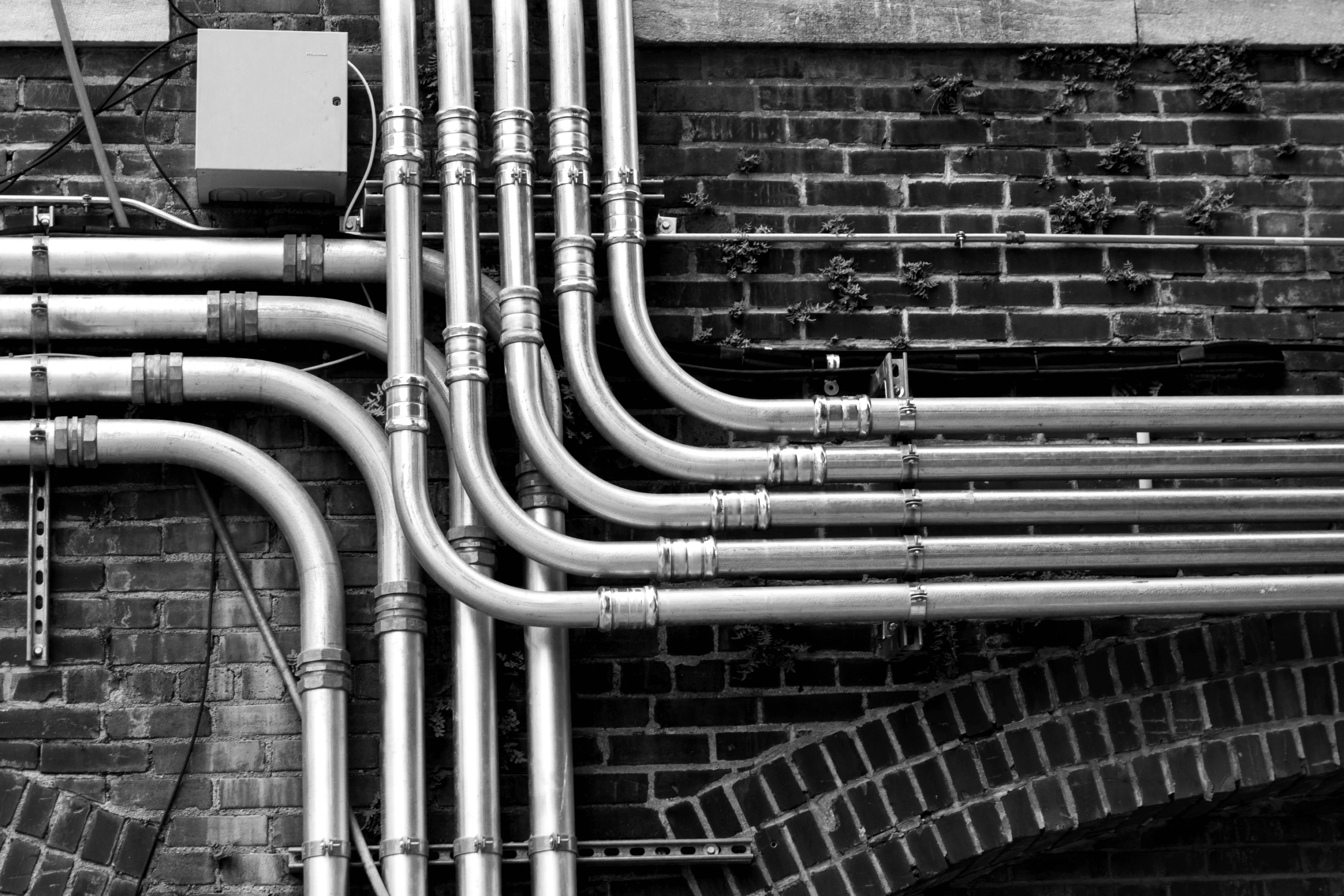
Galvanized Steel Pipe
These metal pipes are coated with zinc to prevent rust and corrosion. They are durable, resistant to extreme temperatures, and ideal for outdoor plumbing systems. Although, galvanized steel pipes can corrode and may need replacement.
Cross-linked Polyethylene (PEX-Al-PEX) Pipes
These pipes combine PEX and aluminum, providing high durability, resistance to temperature changes, and flexibility.
They resist corrosion and can bear high pressure, making them suitable for high-pressure systems. However, installation can be challenging and may require specialized tools.
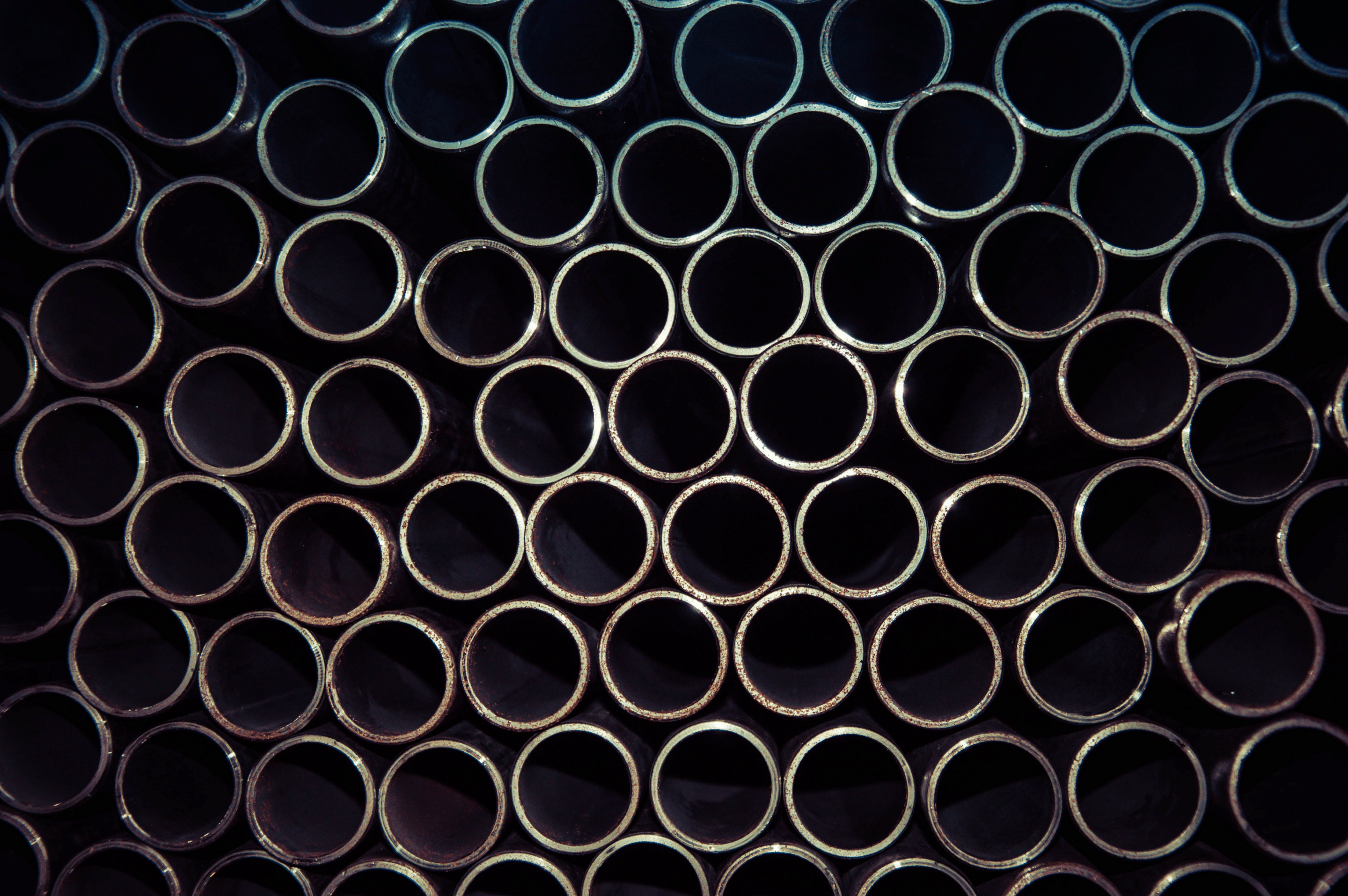
Cast Iron Pipes
Renowned for their durability and longevity, cast iron pipes have been a staple in residential plumbing repairs for centuries. These heavy-duty pipes are particularly resistant to wear and tear, making them an ideal choice for high-pressure systems. Furthermore, they excel in noise reduction due to their dense nature, leading to quieter plumbing systems.
However, despite their robustness, a cast iron pipe is not invulnerable to certain issues. They can rust over time, which may lead to leaks or even structural failure if not addressed promptly. Moreover, their heavyweight and the requirement for specialized joining methods make installation more challenging and labor-intensive compared to other pipe types.

PVC Piping vs. Copper Piping
When selecting between PVC and copper pipes, it’s important to assess the pros and cons of each. PVC pipes, made from polyvinyl chloride, are durable, cost-effective, and low-maintenance, making them an affordable long-term option. They are lightweight and versatile, but cannot be used for hot water above 140°F.
Copper pipes, on the other hand, are long-lasting and resistant to corrosion. They are ideal for both hot and cold water installations and have superior water flow rates. However, they are more expensive than PVC pipes and require professional installation due to their weight and malleability.
Both pipe types require minimal maintenance, but PVC pipes may need more frequent inspections to check for leaks or cracks. Copper pipes, while resistant to corrosion, may need replacement over time. Both PVC and copper pipes are durable, but PVC pipes may be prone to cracks and leaks, while copper pipes may corrode over time. The cost is also an important factor, with PVC pipes being the more cost-effective option.
Ultimately, the choice between PVC and copper pipes depends on your budget, water pressure, system requirements, and more. For smaller systems, DIY projects, and budget-conscious homeowners, PVC pipes are suitable. Meanwhile, copper pipes are ideal for larger systems, water filtration systems, and homeowners looking for a long-term investment.

Why it’s Important to Understand the Types of Plumbing Pipes
Mastering the nuances of various types of plumbing pipes empowers you to make savvy decisions that align with your unique plumbing requirements, budgetary constraints, and geographical location. For example, if you’re dealing with a low-budget project, affordable options such as PVC might serve your needs best. If, on the other hand, you’re installing a system that needs to endure high pressures or temperatures, investing in robust and durable options like copper or cast iron could be the smartest move.
Location-wise, consider the climate and local codes of your area. If you live in a region with extreme temperatures, certain materials may not be suitable. Local building codes may also mandate or limit the use of certain types of pipes.
To navigate this complex decision-making process, consult with a licensed plumber who has a deep understanding of the various types of plumbing pipes and their respective pros and cons. They can provide personalized advice based on an assessment of your specific needs and circumstances.
This collaborative approach ensures that your chosen plumbing system will not only meet your immediate requirements but also provide long-term performance and reliability.
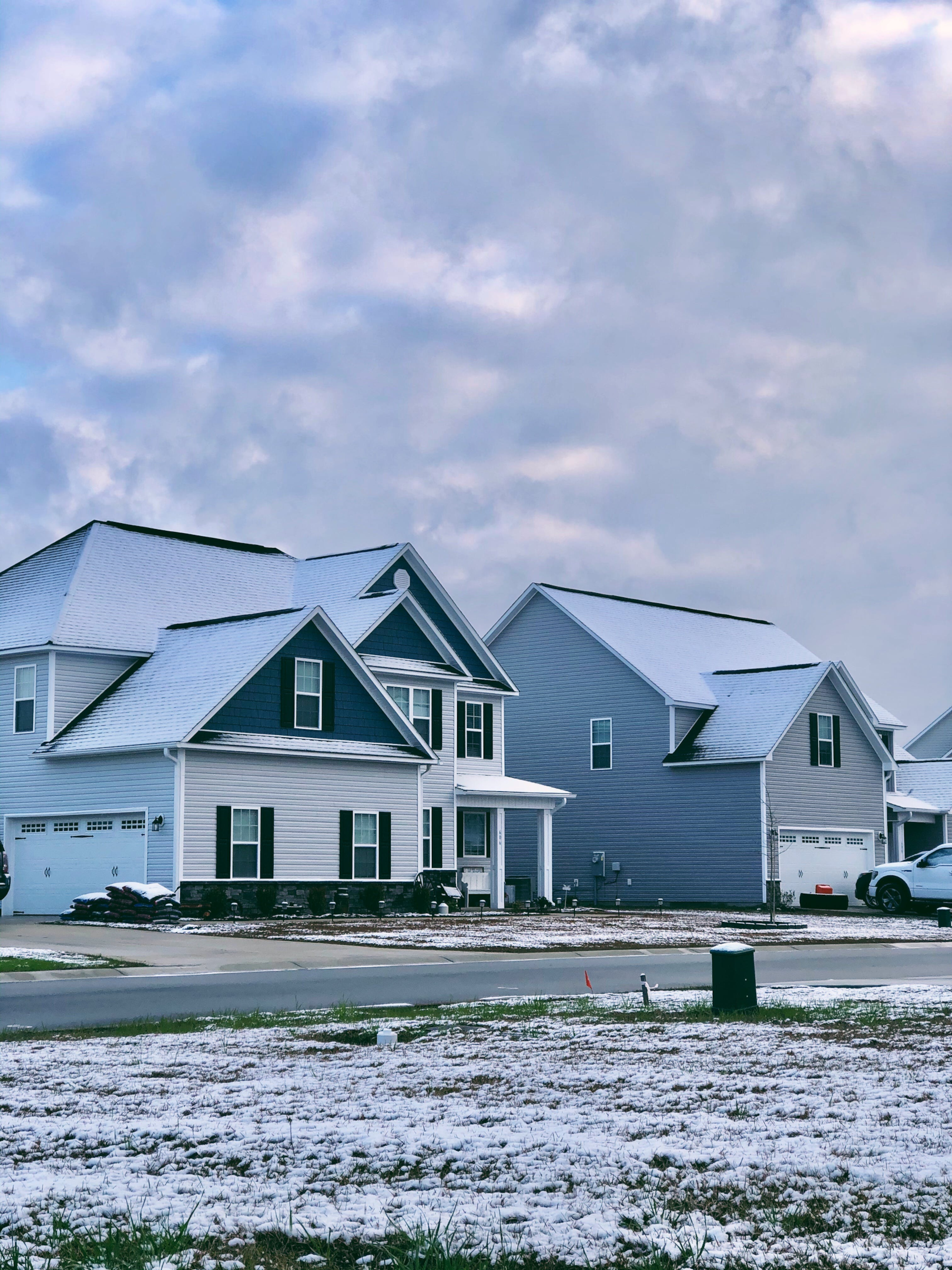
Most Frequently Used Plumbing Pipes in Residential Properties
Plumbing is an essential part of our homes, and it plays a crucial role in making our daily tasks easier and comfortable. To ensure the smooth functioning of the plumbing system, it’s crucial to choose the right type of pipes.
There are various types of plumbing pipes available in the market, but the most commonly used ones in residential properties are copper, galvanized steel, PVC, and PEX. Copper pipes are durable, corrosion-resistant, and long-lasting, whereas galvanized steel pipes are more affordable, but they have a shorter lifespan.
PVC pipes are ideal for drainage systems, and PEX pipes are known for their flexibility and resistance to freeze damage. By selecting the right plumbing pipes for your home, you can ensure the longevity and reliability of your plumbing system.
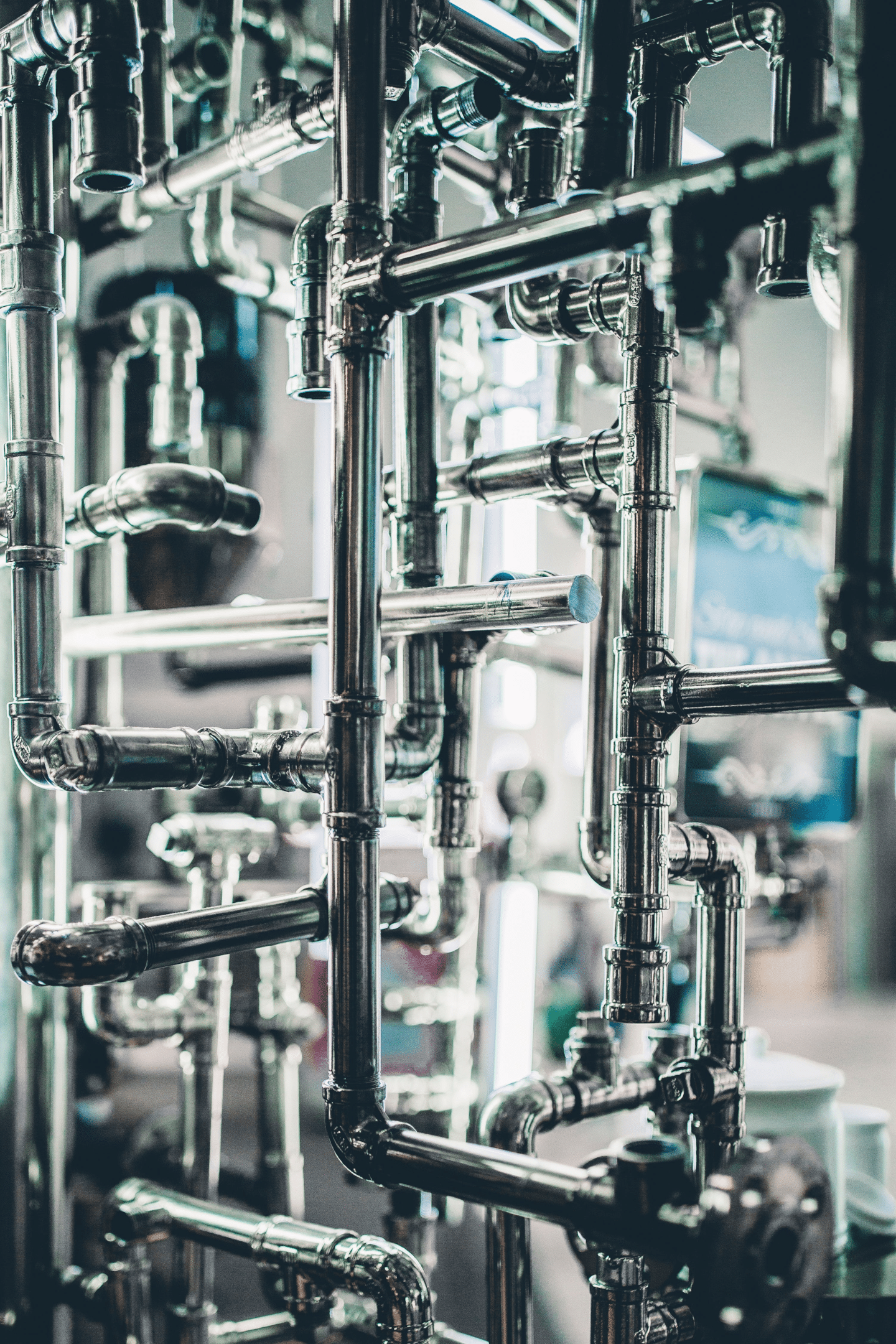
How to Find the Right Plumbing Materials to Suit Your Needs
By understanding what pipe material is best suited for your plumbing needs and why, you are better equipped to make informed decisions. Taking the time to research what type of materials work best for your home will be worth it in the long run. From galvanized steel to polyethylene pipes, there’s a right one out there for every application and budget.
If you’re still feeling overwhelmed or have questions about what material will work well for your project, give Maryland Sewer & Plumbing Service a call. We’ll discuss each of the options available, answer any questions you may have and assist with properly selecting the correct pipe to bring your vision to life. So don’t hesitate — contact us today so we can tackle all of your plumbing needs!
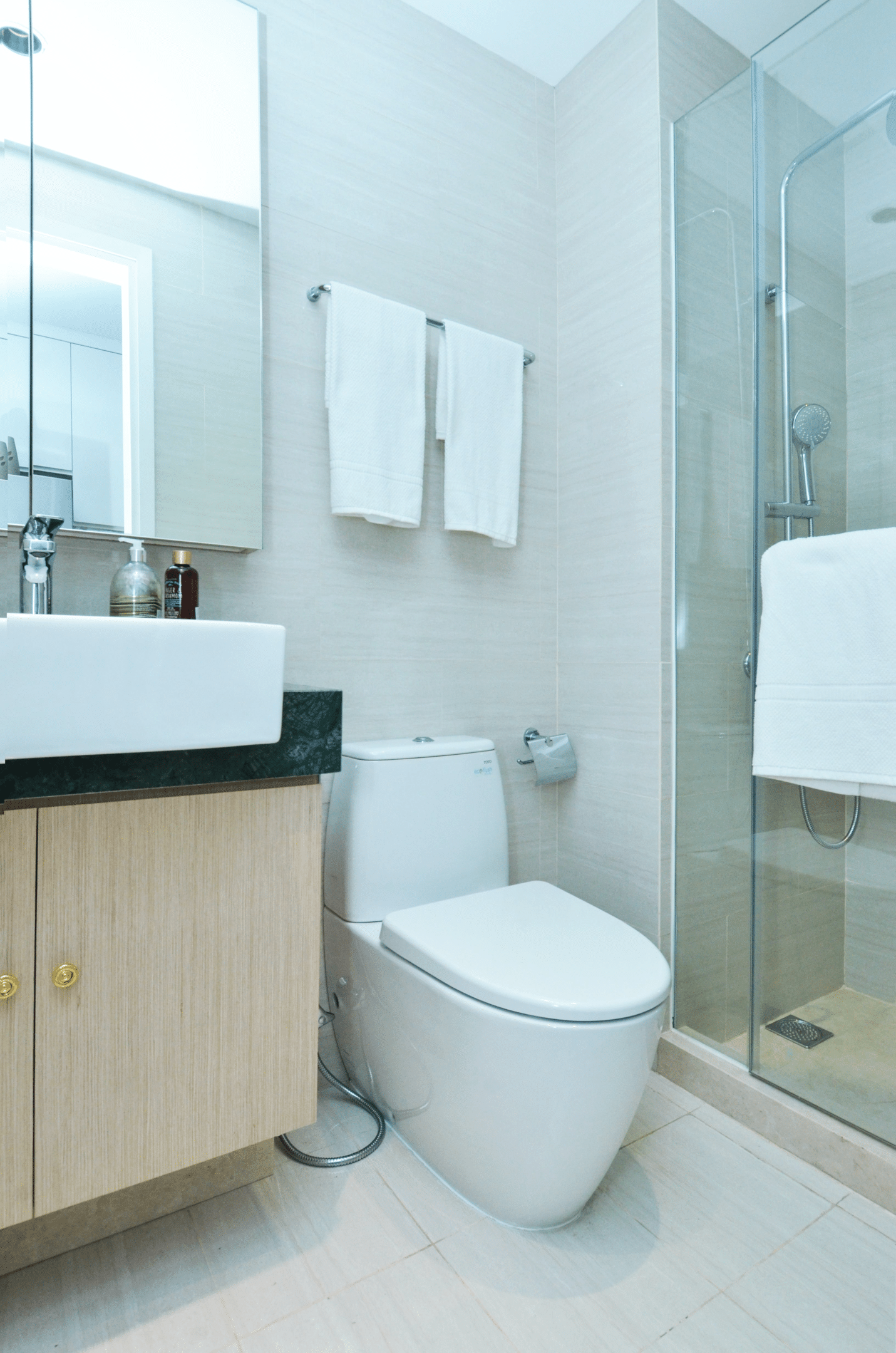
Conclusion
In conclusion, the significance of choosing the right plumbing pipes for your home cannot be overstated, as it bears heavily on the long-term safety, functionality, and efficiency of your water system. When selecting plumbing pipes, several factors warrant careful consideration.
The material of the pipes plays a vital role in determining their durability, resistance to corrosion, and suitability for differing temperature ranges. The cost is another deciding factor; while some materials like copper and PEX may be expensive, their long-term benefits and durability could offset the initial cost.
Durability is another important aspect to consider. While plastic pipes are known for their ease of installation and cost-effectiveness, they may not be as durable as their copper or PEX pipe counterparts. The ease of installation should also be considered; some types of pipes require professional expertise for installation, which could increase the overall cost.
Plastic, copper, and PEX pipes are among the most commonly used pipes in residential settings, each with its own set of advantages and disadvantages. Plastic pipes, for instance, are cost-effective and easy to install but may not withstand high temperatures. Copper pipes are durable and can tolerate higher temperatures, but they are also more expensive. PEX pipes, meanwhile, offer a balance of cost-efficiency and durability, but their use may be limited by local building codes.
Therefore, it is crucial to dedicate time to research and understand the different types of plumbing pipes, their pros and cons, and their suitability for your specific needs before making a final decision. By investing in quality plumbing pipes and making informed decisions, you can ensure the smooth, efficient operation of your water system for years.

About Maryland Sewer & Plumbing Service
Maryland Sewer & Plumbing Service emerges as a leading light in the Maryland plumbing industry, marked by unwavering reliability, proficiency, and credibility. For those seeking a team of experienced plumbing professionals capable of handling your plumbing demands with precision, look no further.
Offering 24/7 emergency support along with a broad range of tailored services at competitive prices, Maryland Sewer & Plumbing Service is undeniably the ultimate solution for all your residential plumbing issues. Don’t hesitate – contact Maryland Sewer and Plumbing Service today to arrange an appointment with one of our skilled technicians to assess your home’s plumbing needs!


